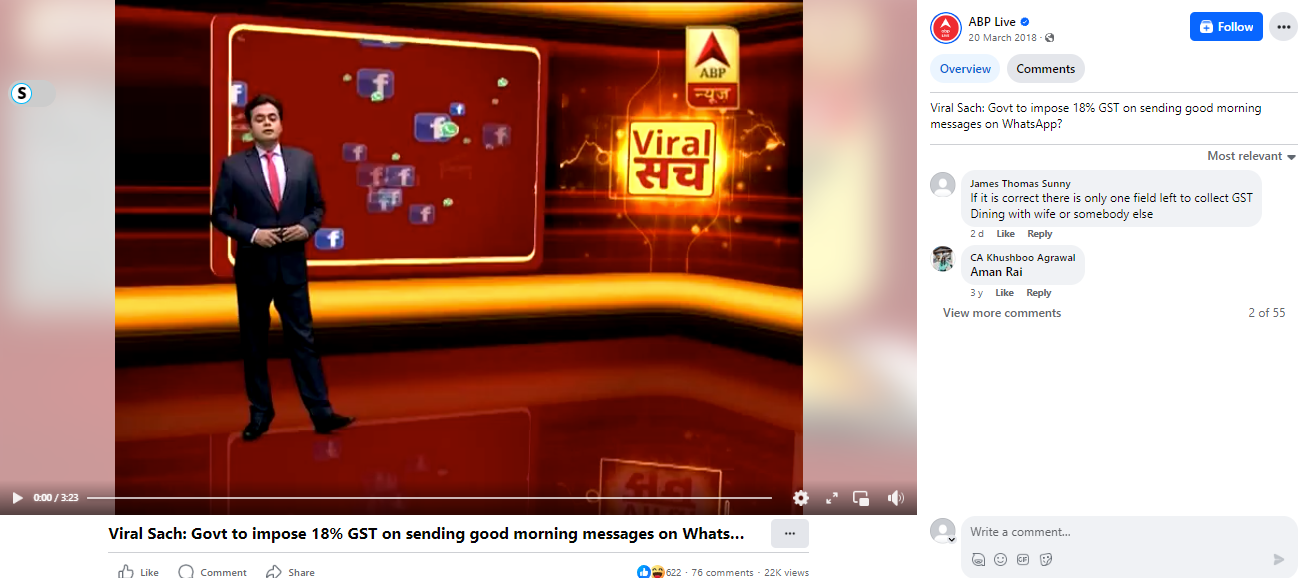#FactCheck: Israel Apologizes to Iran’ Video Is AI-Generated
Executive Summary:
A viral video claiming to show Israelis pleading with Iran to "stop the war" is not authentic. As per our research the footage is AI-generated, created using tools like Google’s Veo, and not evidence of a real protest. The video features unnatural visuals and errors typical of AI fabrication. It is part of a broader wave of misinformation surrounding the Israel-Iran conflict, where AI-generated content is widely used to manipulate public opinion. This incident underscores the growing challenge of distinguishing real events from digital fabrications in global conflicts and highlights the importance of media literacy and fact-checking.
Claim:
A X verified user with the handle "Iran, stop the war, we are sorry" posted a video featuring people holding placards and the Israeli flag. The caption suggests that Israeli citizens are calling for peace and expressing remorse, stating, "Stop the war with Iran! We apologize! The people of Israel want peace." The user further claims that Israel, having allegedly initiated the conflict by attacking Iran, is now seeking reconciliation.

Fact Check:
The bottom-right corner of the video displays a "VEO" watermark, suggesting it was generated using Google's AI tool, VEO 3. The video exhibits several noticeable inconsistencies such as robotic, unnatural speech, a lack of human gestures, and unclear text on the placards. Additionally, in one frame, a person wearing a blue T-shirt is seen holding nothing, while in the next frame, an Israeli flag suddenly appears in their hand, indicating possible AI-generated glitches.

We further analyzed the video using the AI detection tool HIVE Moderation, which revealed a 99% probability that the video was generated using artificial intelligence technology. To validate this finding, we examined a keyframe from the video separately, which showed an even higher likelihood of 99% probability of being AI generated. These results strongly indicate that the video is not authentic and was most likely created using advanced AI tools.

Conclusion:
The video is highly likely to be AI-generated, as indicated by the VEO watermark, visual inconsistencies, and a 99% probability from HIVE Moderation. This highlights the importance of verifying content before sharing, as misleading AI-generated media can easily spread false narratives.
- Claim: AI generated video of Israelis saying "Stop the War, Iran We are Sorry".
- Claimed On: Social Media
- Fact Check:AI Generated Mislead



























.webp)
